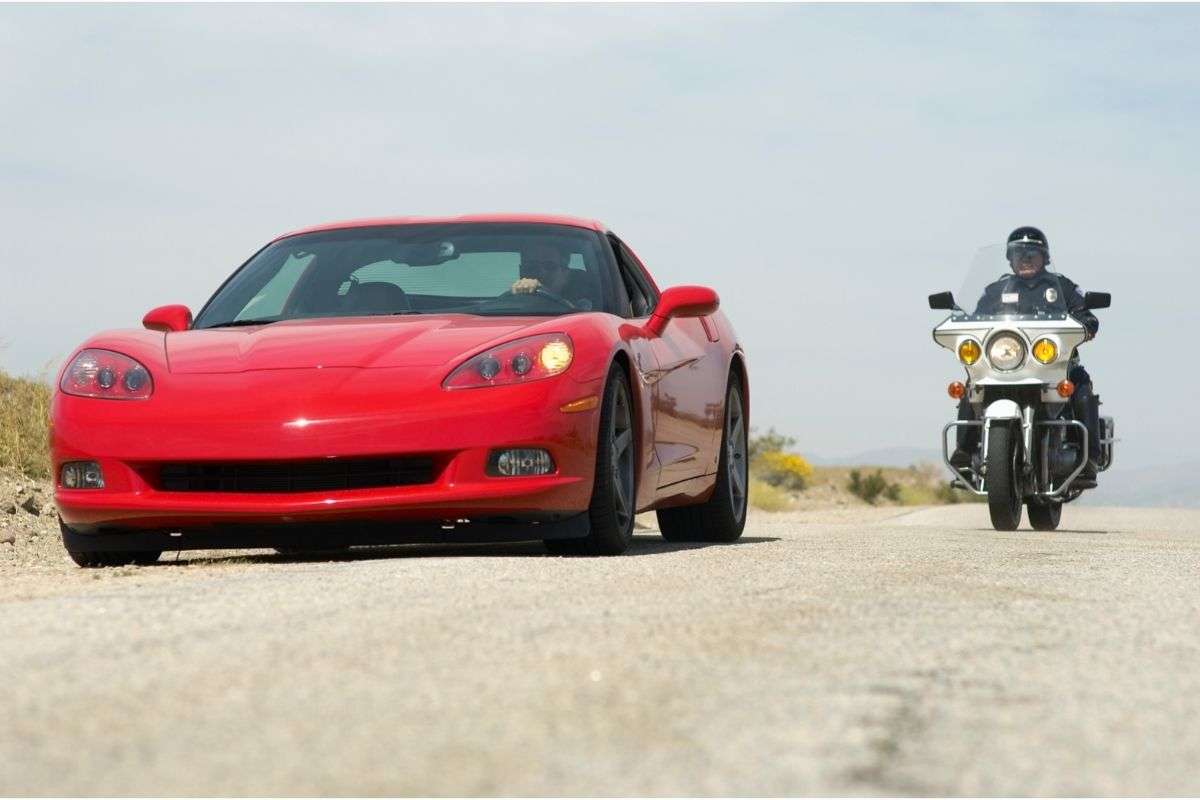People are often seeking methods to save money, particularly when it comes to their automobiles.
There are several ways to save money on commuting, and many individuals contemplate purchasing a motorbike to do just that.
Are motorcycles cheaper than cars?
With a few exclusions, motorbikes are generally less expensive and also more cost-effective than a vehicle.
When determining if a motorbike is “better value for money,” the costs for maintenance, repairs, and insurance need to be taken into account, as they are also often less than those of an automobile.
Aside from housing, vehicles are frequently a person’s major monthly expense.
The car itself is expensive and then it will need gas to operate, and you will need to pay for maintenance on a regular basis.
In addition, you must ensure that your car is licensed and covered by insurance so that you can legally drive it. Finally, any damage to your car will be costly to fix.
All of these expenses might quickly pile up.
The reality is that having a motorbike allows you to save money on all of the above.
However, you must examine the numerous advantages and disadvantages of having a motorbike; for instance, a motorbike provides considerably less space for transporting people or other goods.
On occasions when the weather conditions are terrible, you will also be considerably more vulnerable.
However, if these drawbacks of riding a motorbike are insignificant to you, especially when in comparison to paying for the car’s expenses, continue reading this article as we explain in further detail how much money having a motorbike may save you long-term.
The Overall Ownership Costs And The Ways A Motorbike Is Less Expensive
So, how much money could you save by riding a motorbike?
Buying A Motorcycle VS Buying A Car
First and foremost, consider the initial expense of purchasing a motorbike. When it comes to new motorcycles, costs vary greatly.
A regular new motorbike costs between $4k and $20k. Of course, there are exceptions to this rule.
When you go to buy a new automobile, the price will be much higher. The lowest new automobiles available are usually about $16k.
This is the price of a standard model small automobile with few amenities.
Starting with that price and based on the sort of automobile you are interested in buying, you might expect to pay up to $50k. And this is the price for a standard car.
SUVs and vans may cost up to $100k, with luxury and sports cars costing considerably more.
On the other hand, were you to purchase a secondhand motorbike, you could do it for a very low price.
Motorbikes with many kilometers in their mileage may be bought for as little as a couple of hundred bucks.
A good secondhand motorbike may be bought for about $2-4k. Clearly, the price rises as the motorbike’s condition improves and it becomes more popular.
However, it’d be difficult to find many old motorcycles for sale for more than $10k. In terms of automobiles, you may indeed find wreckers for a few hundred bucks.
Prices rise from there as they improve in quality and become more valuable. Automobiles that are only a few years old might still cost from $10-20k.

Apparel
Nevertheless, a few other upfront motorbike fees that are sometimes ignored do exist. To ride a motorbike, you’ll need or desire to get certain motorbike apparel.
Helmets, riding pants, a jacket, and gloves are examples of such things. Even though these items will not cost you a lot, they will cost you a couple of hundred bucks.
Make sure to check: Best Motorcycle Helmets Under $100
Maintenance
On a yearly basis, maintenance of a motorcycle will cost less than a maintenance of car.
Because it is smaller and has fewer parts, your motorbike consumes far fewer fluids.
Even though you will have to change tires more regularly than on an automobile, the cost of owning a motorbike is still slightly lower because there are only two wheels rather than four.
Moreover, because motorbike parts are substantially less than automobile parts, a motorbike will also be less expensive to fix.
And since they are generally simpler, quicker, and easier to use (you just sit on them and you’re practically ready to go, not to mention the fact that you can park them anywhere as they do not take up much space), it is much easier for you to also repair them on your own.
Given, of course, that you have some basic knowledge of the machinery, this means that you can also save a lot of money on repairs and maintenance by professionals.
Fuel
In terms of fuel consumption, given that the comparison is not between a motorbike and an electric automobile, riding a motorbike will save you a great deal of money on fuel.
Automobiles, SUVs, and trucks get 20-30 miles per gallon on average. More fuel-efficient and hybrid versions may be able to exceed this.
The typical motorbike gets from 35 to 55 miles per gallon, with some motorbikes getting up to 75 miles per gallon.
This is entirely dependent on the engines of the motorbikes and the type of fuel they need.
Insurance
Finally, we shall discuss insurance. Insurance rates vary greatly based on what you insure, how many vehicles you insure, and your own driving records.
The typical vehicle owner pays roughly $130 per month on automobile insurance. Motorbike insurance costs roughly $60 per month on average.
This is a significant difference that may save you hundreds of dollars every year.
Do note, however, that in some areas, motorbike insurance might cost more than ordinary vehicle insurance, even if the national average is far lower.
The Bottom Line
As we’ve made obvious in this article, riding a motorbike rather than driving a car may save you a great deal of money. So, yes, motorcycles are cheaper than cars.
There are advantages and disadvantages to anything, but after comparing the two, it appears that motorbikes are unquestionably less expensive than vehicles in practically every way.
However, choosing what’s best for you is a decision you need to make on your own based on your priorities and preferences.


